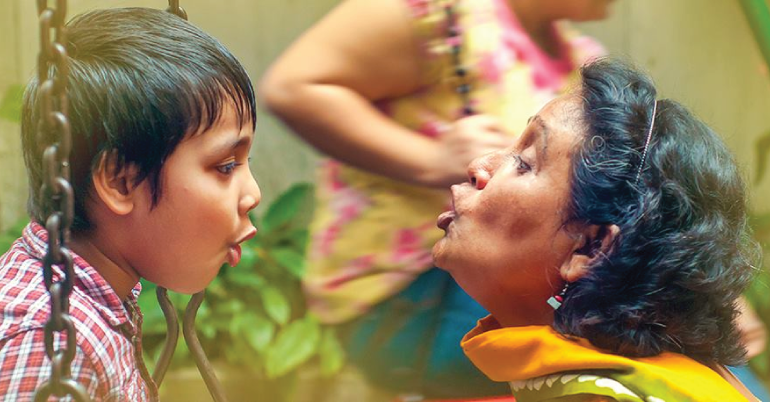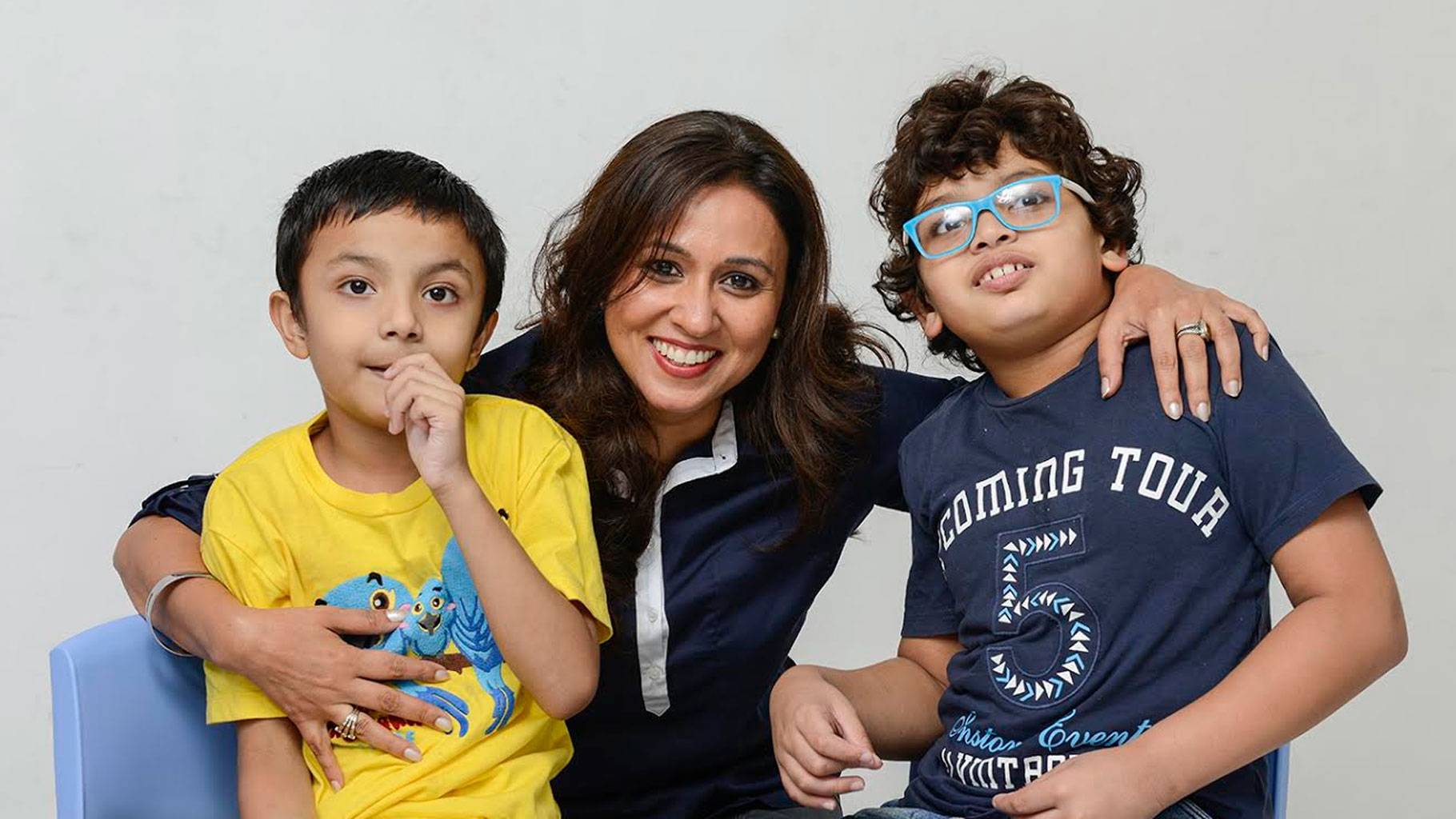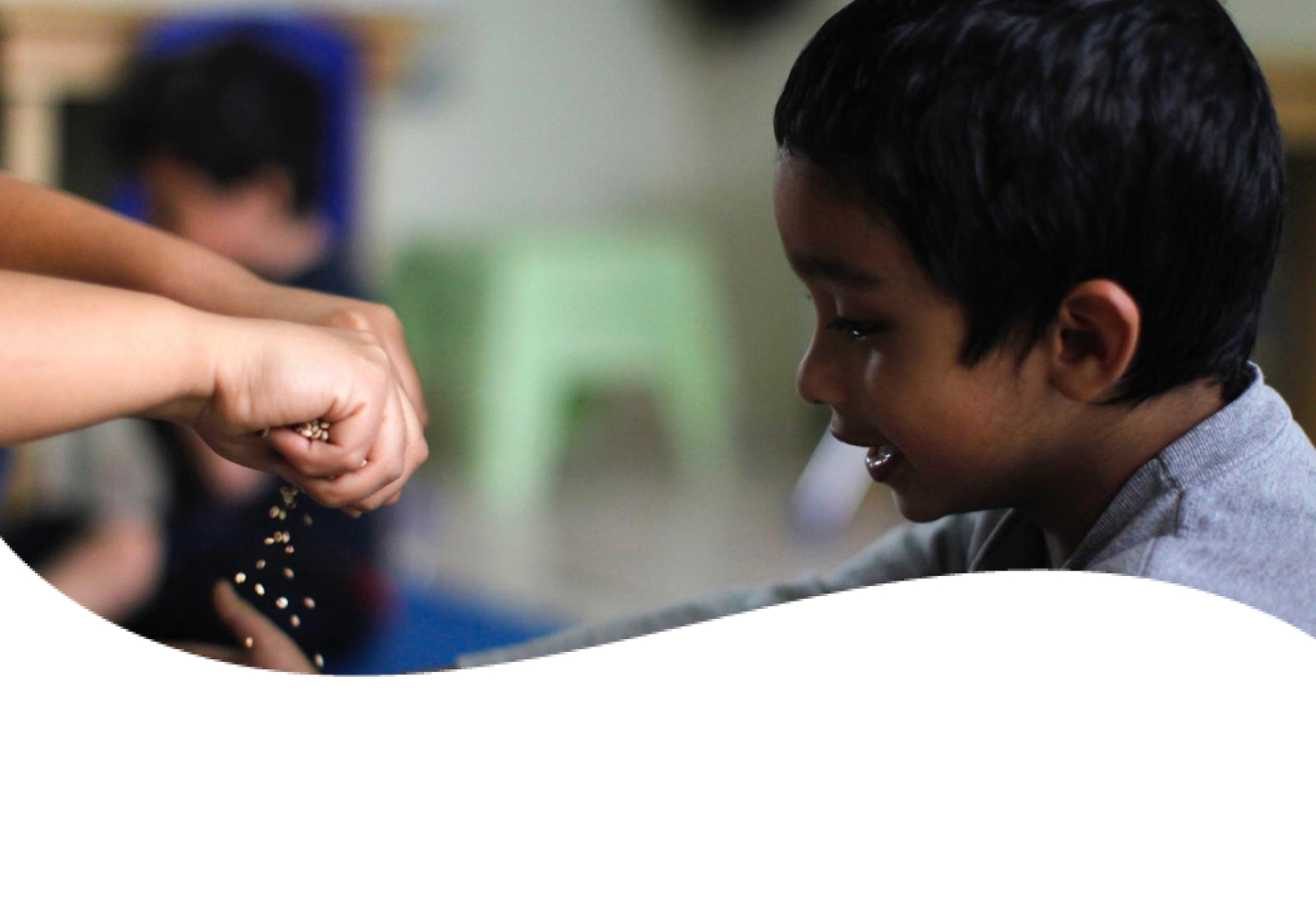As in the case of typically developing children, there is a strong parental influence on autistic children as well. Since ASD itself is a field of ongoing research, there is a scarcity of material available on parenting styles and behaviour with respect to children with ASD. As in most neurodevelopmental disorders, genetic and environmental factors are believed to play a direct role in ASD as well. However, as stated, this is a field of ongoing research, and it is difficult to determine and validate any point conclusively.
Until very recently, there was negligible work done on parenting styles and behaviour of those having children with ASD. Thankfully, a lot of evidence and data is now being gathered in all forward-looking nations to understand how both permissive and authoritarian styles affect such children. What works best for them? How does parental behaviour encourage such children to develop social skills and communication and regulate their emotions?
In our own way, we have endeavoured to connect with parents who have children with ASD and attempted to understand what keeps them going despite the challenges.
Read on for first-hand accounts of 2 wonderfully motivated mothers who are committed to doing their best for their respective boys with ASD.
Arpitha’s account:

Urban, educated and an ex-engineer, Arpitha is now a full-time homemaker, dedicated towards managing her household and looking after her two children, Suma, aged about 10 years, and Sagar, a little above 4 years of age. While Suma is a typically developing young child, active and full of beans, Sagar, her kid brother, is on the spectrum.
Arpitha says that her son was a normal baby crawling, standing, walking, and babbling as per established milestones of a baby’s development. However, when he was about a year and nine months, the parents sensed that he was behaving differently than other children of his age. There was a perceptible difference in his eye contact, which was unusual.
He started becoming increasingly hyperactive.
So the parents embarked on a rather long and circuitous method of assessment of the baby to establish whether or not he was on the spectrum. It began with their family doctor, a series of GPs, and eventually specialists and super-specialists who could ascertain conclusively after tests that Sagar was mildly autistic.
Thereafter, his therapy started when he was about 2 years of age and is still ongoing. It is a combination of speech and behaviour.
The pandemic and ensuing lockdown periods did put a spanner in the wheel of his treatment. Doctors went wary of asking patients to visit, and the parents were reluctant to take the little boy to the hospital and expose him to the risk of a pandemic. During this time, consultations were done mostly over the phone.
Right now, therapy has resumed once again. Arpitha takes her son for his sessions four times a week, and she is satisfied with the progress. He shows no facial distortion and looks the same as any typically developing child. He is adorable and loving and has strong motor skills.
She is hands-on with Sagar’s progress at home. She also offers online classes for special kids, an activity that she feels enables her to share her personal experience with others.
She offers some practical advice for readers and parents who may be facing a similar situation:- Take it one day at a time, step by step. Do not rush into things. You are in for the long haul, and it is no use tiring yourself out.
- Do not treat a child with ASD differently from other family members. Try to keep behaviour towards her as normal as for the others.
- Verbal treatment should be normal and not special to the child.
- Use your parent/grandparent/caregiver's intelligence and constant vigil to observe the child for progressive or retrogressive changes.
- Train them to do things on their own – fetch small objects for themselves as well as for others. Keep them involved and active.
- The mother should demonstrate physical affection while interacting with the child to impress the fact that she is not alone or isolated because she is on the spectrum.
- Enlist the support of your partner. This is teamwork. Remember.
- Never compare your child with another, particularly a typically developing one.
- Be patient. Be patient. Be patient.
Swati’s account:

In her early 40s, Swati is educated, urban, and the mother of teenage twins, Soham and Sahil.
Swati was elated when her twins were born 14 years ago. Both are handsome young teenagers today. Active, outgoing, bonding with one another in a special secretive way that is unique to twins.
There is one major difference, however. Soham is a typical teenager and goes to a regular school. Sahil is autistic and attends a special school.
Both were born minutes apart from one another and growing as happy, bouncy babies.
At 18 months, they were administered the MMR vaccine. Unfortunately, soon after, Sahil started developing autistic symptoms. The role of this vaccine has received much bad press in the past because it was suspected to trigger autism, but this has never been scientifically proven. In many countries, it is not legally mandatory to get vaccinated with MMR.
Sahil stopped using the few words that he had picked up. He became moody and temperamental, even refusing flatly to cooperate with the doctors and therapists the parents took him to.
Added to this was the fact that her husband was transferred frequently around this time from one city to another. It was a challenge to reach good hospitals and specialist doctors for his treatment.
It was only around 5 years that Sahil finally consented to therapy.
At 14, he has picked up considerable skills, and despite the fact that he still does not speak, he communicates through sign language. He is fond of colors and painting. He has developed social skills and bonds with his peers and family. Both the twins, Soham and Sahil, are particularly close to one another, with Soham being protective and caring about his brother.
Swati stresses the fact that it is important for parents to Be Aware. Be attentive to your child’s developmental milestones and should anything be amiss, try and start therapy as soon as possible. Many times, despite everything, the child refuses to cooperate and one spends precious time counseling the child for therapy. Patience is always key in such situations. Remember, each case is different and so is your child. Do not get depressed compared with other children. And finally, maintain a happy, cheerful atmosphere for the kid to grow up in a positive home environment.
References:
Science article
Tags: Autism, Autism Spectrum Disorders, Autistic Kids, Parenting for autistic children
DISCLAIMER:
This is not medical advice. Please consult your medical professional or qualified healthcare provider for issues related to your child.
